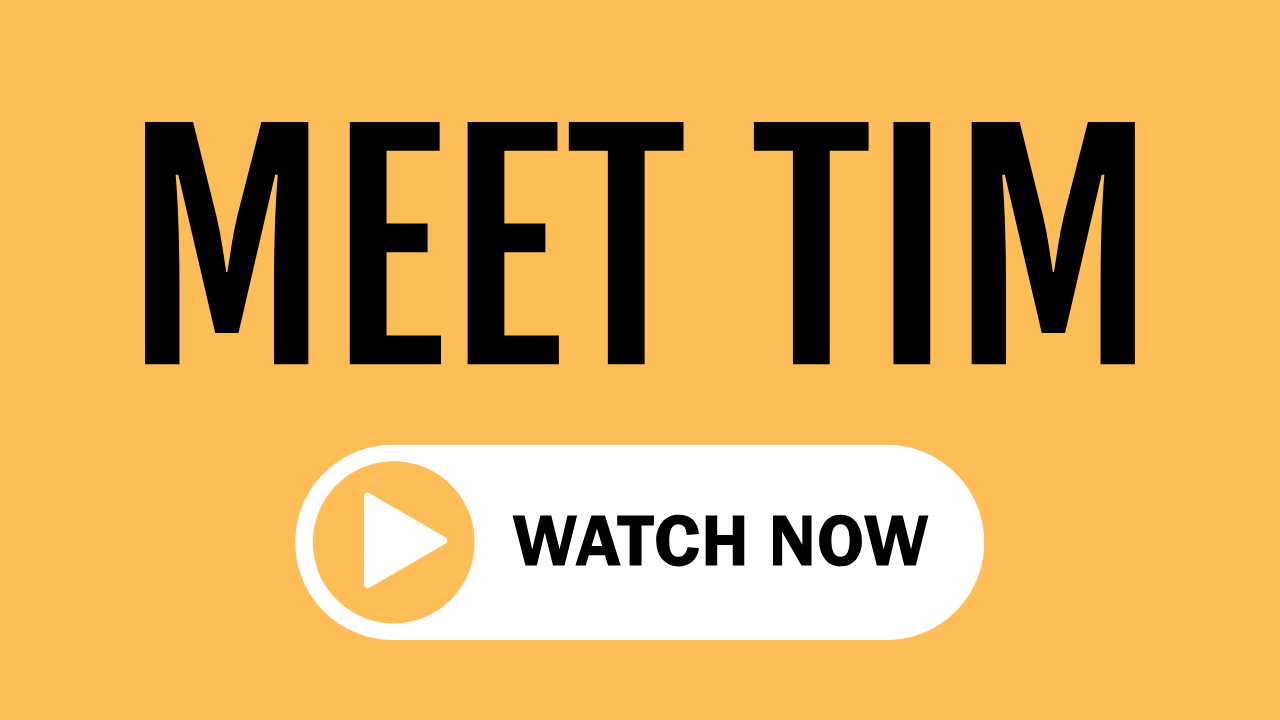How the Superheroes of Special Education Are Charging Minds and Changing Economies
I start out by saying, "I wish I'd been taught in school the way Special Educators approach their work every day. And not just in kindergarten or third grade — I wish I'd been taught that way in college, too." I'm talking about the way Special Educators take on so many different roles: acting not just as instructors, but as mentors, mind-coaches, and multi-sensory mix-masters of engagement. And so much more.
You'd think they'd need bigger heads to wear all those hats, or maybe multiple heads, but nope. Most of them have the normal amount of heads, in the usual size.
I don't say that last part out loud, but I know it's true because I can see them in front of me. I'm delivering my keynote for a meeting of the New Hampshire Association of Special Education Administrators (NHASEA). They smile and nod in recognition of what I'm saying about the versatility required to do what they do. A few applaud.
It's a nice moment that's as true as it is frustrating. I say it's frustrating because despite everything we know about the most effective ways to teach and engage young minds, those methods and approaches are still more often the exception than the rule in our educational system.
If we both had more time, and time wasn't speeding up like the Millennium Falcon as we hurtle into a new decade, I'd detour into some examples of institutions that are doing it right. There's Groves Academy and Babson College, just to name two.
The first is a grade school that takes young, neuro-diverse students with learning challenges and then does its best to make sure that each and every one of those kids becomes a lifelong curious reader and learner. I've written about Groves here in the past.
The other, Babson College, is a business entrepreneurship school that is ahead of the curve on experiential learning — it has historically "focused more on practical experience and less on lectures," as Wikipedia puts it. Babson understands the crucial process of allowing students to fail so they can learn how to succeed.
Thankfully, there are some fantastic educational instigators and trouble-makers who are doing great work in pushing minds forward in new and innovative ways. But this spirit needs to be everywhere, and we need to support the educators who are leading the charge.
That brings me to the next line in my speech, which got pretty much the opposite of smiles and applause.
"You change economies, don't you?" I tell them. "You do know that when you move a child from what at first appears to be an impossible space toward becoming a possible mind, you've saved taxpayers literally millions of dollars. You do know that your ability to move someone from desperation to integration, and toward civic engagement, is not priceless by a long shot. Because there's a pure value and big numbers we can apply to your impact, and it's waaasy more than what it would cost just to hire another room full of well-trained special educators."
They're quiet now, listening. "I know you don't have enough support, tools, teachers, training, and time to shape-shift every mind in the way that you'd like to. So you have to make tough choices. Every day it's educational triage for you, to figure out what must be done as opposed to what could or should be done to transform blinking lights into long-term solar-powered minds (fully charged with renewable intellectual resources!) — ready to explore, engage, and reap the benefits of their own potential."
I pause. Head nod. Some stare back. Others are looking down. That's the nerve I've touched. They know what I'm talking about — they live it.
And what's so mind-crushingly insane about all this is how penny-wise and pound foolish it is.
I don't get it. You think we'd move heaven and earth to support the people who make this kind of educational transformation happen.
I continue: "I don't think right now our language has an adequate word for the feeling you get when you are simultaneously deeply moved, amazed, and proud of an entire group of dedicated professionals who do so much for so little. For now I guess 'special educators' will have to suffice. But I'm glad you get that you change not only lives, but also economies. It's just too bad that this is still one of our best-kept secrets."
I pause again, nod my head. They stare. And we all sigh a little, inside.
***
In addition to appearing as an interactive and funny speaker for educators, Tim Clue is available as a business keynote speaker for corporate events of all kinds as well as a keynote speaker for healthcare events.


